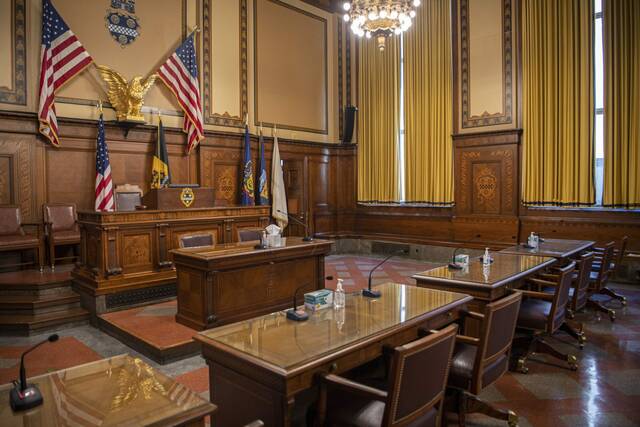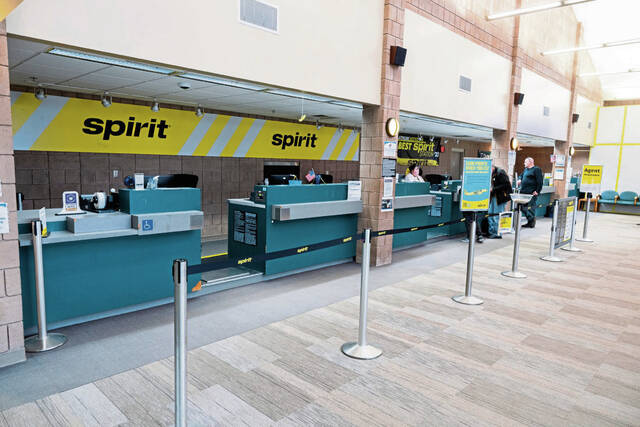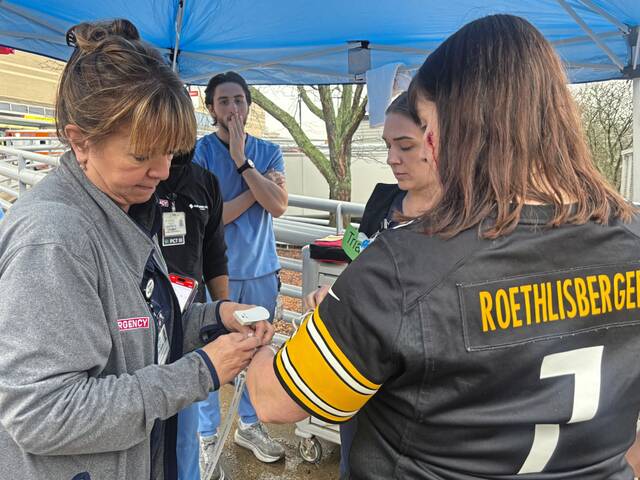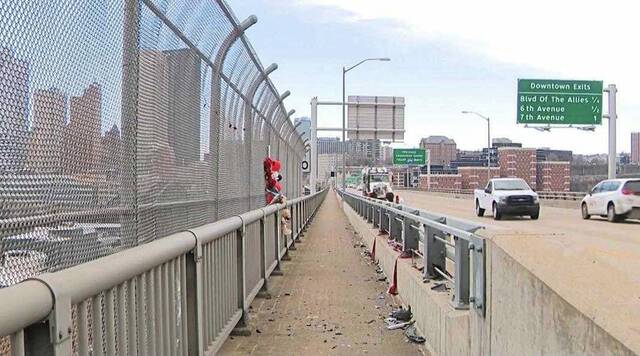Some Pittsburgh City Council members are questioning a proposal by the mayor’s office to pay consultants $6 million for a citywide comprehensive plan, the details of which remain unclear.
Several members Wednesday voiced concerns over the steep price tag, calling it “irresponsible” and “exorbitant.” Detractors said the proposal is vague, there is no guarantee any of its findings would actually be implemented and some of the work could be done in-house for a fraction of the cost.
“There’s a lot of tension around this,” Councilwoman Theresa Kail-Smith, D-West End, said before council’s split vote to move ahead with the plan. Wednesday’s vote was preliminary, with a final vote expected next week.
The overall cost for the 25-year comprehensive plan would come out to about $20 per city resident, Councilwoman Deb Gross, D-Highland Park, said. By comparison, Chicago spent about $1.30 per resident for a similar plan, she said.
“This is sticker shock I have at the exorbitant consulting fees per capita,” she said.
Councilman Anthony Coghill, D-Beechview, said he felt it was “financially irresponsible” to spend so much as the city is bracing for tight finances in coming years and trying to budget for other priorities.
Coghill said he worried the city would invest millions in the plan only to see it forgotten as priorities shift.
Councilman Bob Charland, D-South Side, ultimately voted in favor of the measure Wednesday, but did so after having “wrestled with this a lot.” He said he worried parts of the plan could be “unimplementable” and that some residents may feel left out of the process, an issue that has come up in prior neighborhood planning processes.
Charland said he supported the measure because he acknowledged the need for reforming an outdated zoning code that he said is “racist” and “prohibits growth in our city.”
Officials have said the comprehensive plan could highlight ways to amend the code to bolster affordable housing.
Supporters have touted the plan it as a road map to addressing racial inequity, prioritizing key needs in future budget years and tackling issues ranging from climate change to affordable housing.
“This is a major investment into a more just and sustainable future for our great city,” Mayor Ed Gainey said in a statement. “Our comprehensive plan will focus on sustainability and renewal with a dedication to ensuring that the Pittsburgh of 25 years from now is one where everyone who calls Pittsburgh home can thrive.”
City Planning Director Karen Abrams said the plan could be financially beneficial to the city. She argued that a comprehensive approach would be more affordable than neighborhood-by-neighborhood planning and it might help leaders leverage state and federal grant money.
The blueprint, she said, will give the city “direction, coordination (and) understanding how better to budget.”
Councilwoman Erika Strassburger, D-Squirrel Hill, said the timing for a comprehensive plan actually makes sense in light of the city’s tight finances.
“In a time of necessary austerity, I can’t think of a better time to have a plan… to help us inform the budget,” Strassburger said.
The comprehensive plan would not be legally binding, Strassburger said, unless council votes to formally adopt it or votes on legislation inspired by its recommendations.
After hours of debate, some details remain unclear, including specifics about how exactly money dedicated to community engagement would be spent, what impact the plan would have on independent agencies like the Pittsburgh Water and Sewer Authority or Urban Redevelopment Authority and how the city would implement the plan’s recommendations.
It was not clear whether the city has had a comprehensive plan in the past.
The legislation before council would authorize the city to contract with two national consultants to spearhead the process. A two-year, $2.6 million contract with Pittsburgh-based Common Cause Consultants would cover the community engagement portion of the project, while an additional $3.2 million contract with HR&A Advisors — which has offices in New York, Atlanta, Dallas, Los Angeles, Raleigh and Washington DC — would cover the technical elements of the plan.
Kail-Smith said she couldn’t support such a large community engagement budget when she had reservations about whether community input could be skewed or ignored. She suggested the engagement component could be done without an outside consultant.
In a preliminary vote Wednesday, Charland and Strassburger joined council members R. Daniel Lavelle, D-Hill District, Barb Warwick, D-Greenfield and Bobby Wilson, D-North Side, in supporting both contracts.
Coghill and Gross voted against both bills.
Kail-Smith abstained from one vote and voted against the other contract, citing concerns about community engagement.
Councilman Khari Mosley, D-Point Breeze, supported the contract with HR&A Advisors, but abstained from voting on the contract with Common Cause Consultants because of his ties to 1Hood Media, which is a subcontractor on the deal.
Council is expected to take a final vote on the measure next week.











